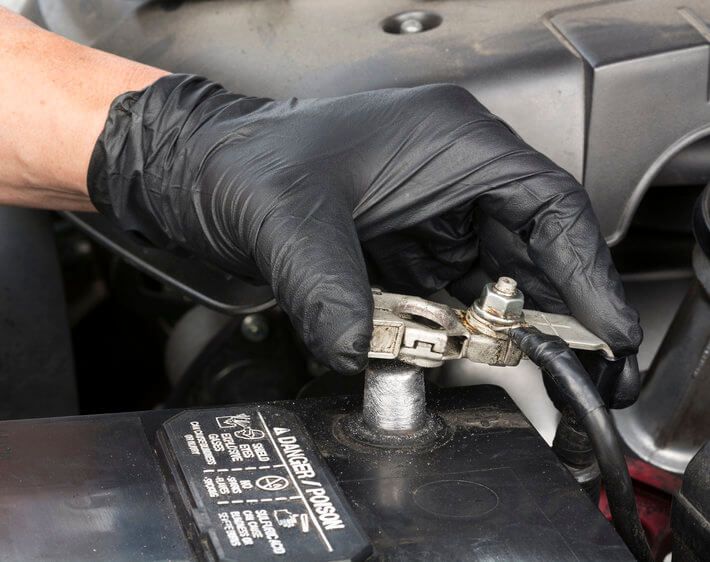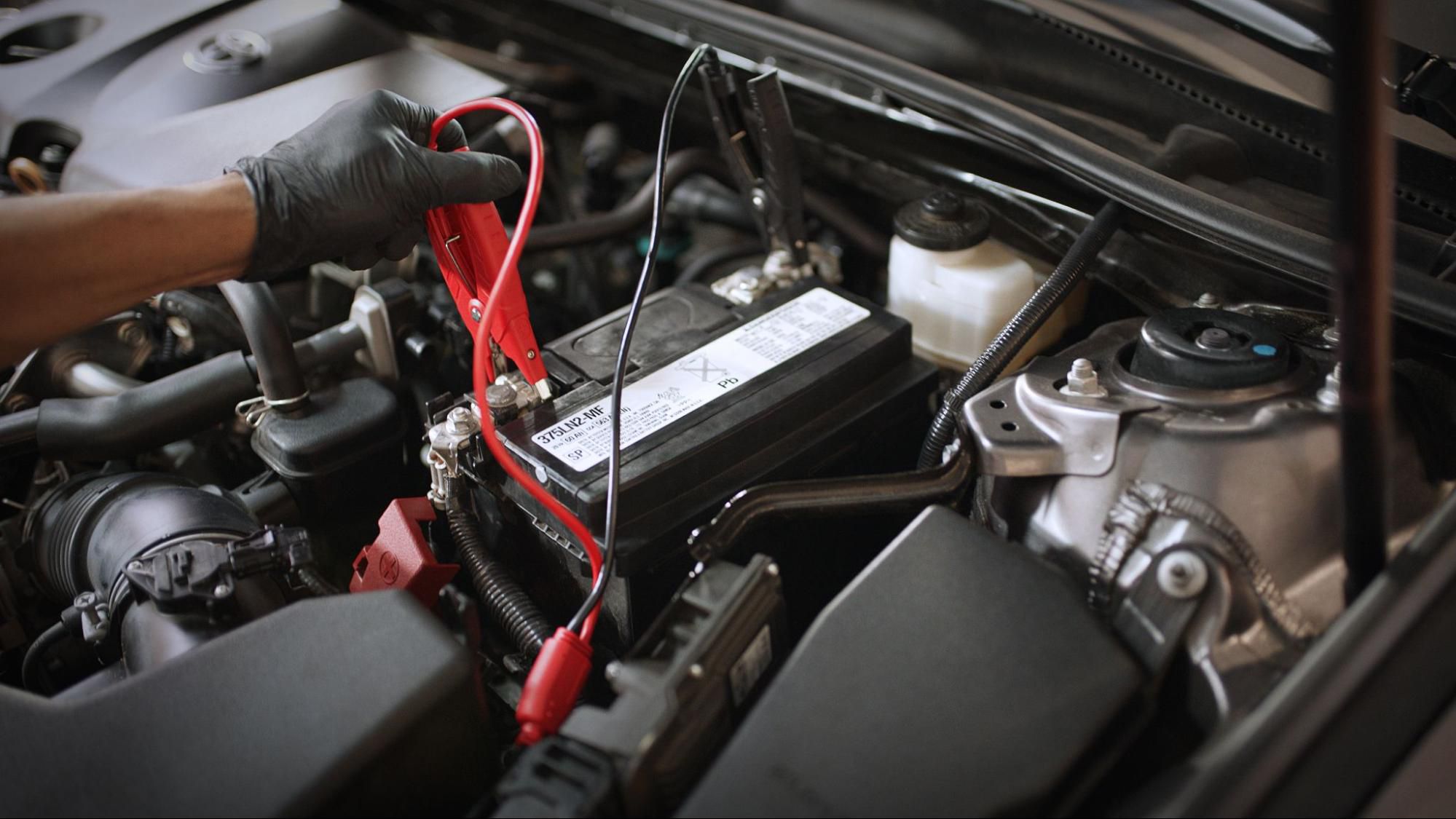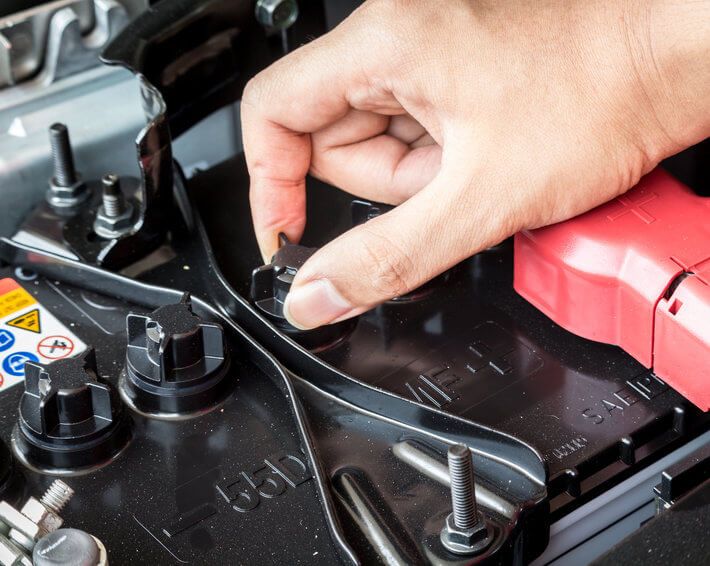Feeling a bit sluggish in the summer heat? Your car battery probably feels the same way. In fact, extreme summer temperatures can practically destroy it. Learn how heat impacts your car battery and how to get the most out of one of your car's most important parts.
How Summer Heat Zaps Your Battery
Life feels more demanding when it’s hot outside. All of a sudden you need a glass of water after a short walk around the block! Turns out, your car battery can also get "parched" in the summer. High temperatures can evaporate your battery's vital liquids and weaken its charge.
What’s more, hot temperatures can speed up the corrosion process. Corrosion will irreversibly damage the internal structure of the battery, and it’s even worse when your battery is “parched.”
Note that most car batteries are sealed and don't require maintenance. Many do, however, have a window or water level indicator that will let you see if the water level is good or low.
Then when winter comes, it doesn't have to get too cold to make starting a car difficult for a heat-weakened battery. Cold kills car batteries, and a heat-damaged battery will go that much quicker.
The moral of the story? Yes, heat can drain car batteries!
Work to Keep Your Battery in Heat-Fighting Shape
No matter where you live in the U.S., you probably can't avoid extremely high or low temperatures at certain points in the year. Even sunny California and Florida can experience intense swings one way or the other! These tips can help you keep your car battery in heat-fighting shape.
- Limit short car trips. Your battery doesn't have time to fully recharge on short stop-and-go trips, which can cause it to weaken sooner.
- Double-check that you turned off interior and exterior lights when you leave the car.
- Higher temperatures will increase the self-discharge of the battery, so you may have to charge the battery more frequently if you don’t drive the vehicle very often.
- Keep your battery and battery posts clean. Dirt becomes a conductor, which drains battery power.
- Don’t use electronics (like the radio) when the engine is off.
- Park in the shade or garage to protect your car from direct sunlight.
- Many batteries mounted under the hood will have a heat barrier to protect the battery from excessive heat. Make sure that barrier is still in place.
Watch for Signs Your Battery is Failing
Fortunately, there are a few symptoms that may indicate your battery needs attention. Some of these signs are pretty obvious, while others require a visual battery inspection or test.
- The engine cranks slower than normal when you start your car.
- The check engine light or battery light is illuminated on the dashboard.
- When you look at your battery, you see the fluid level is low.
- The battery case looks swollen or bloated.
- The battery posts (where the cables connect) are corroded.
- Your headlights or interior lights are dim.
- Your battery is more than three years old.
At the end of the day, your best defense against a sluggish car battery is a new car battery. Get your current car battery tested (for free!) at your nearest Firestone Complete Auto Care to see how much longer it may last. It's better to take care of your battery when it's convenient, because getting stranded in the heat certainly isn't!



